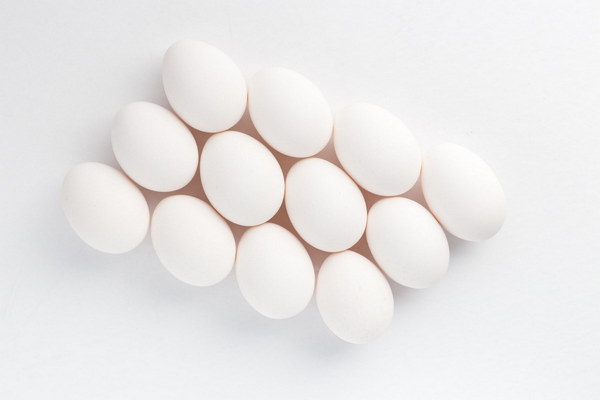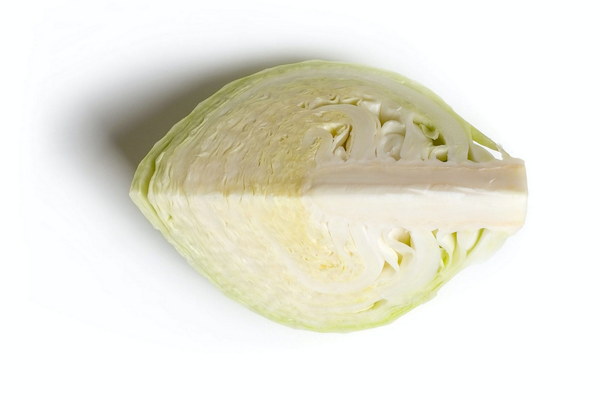Unlock the Secrets of Traditional Chinese Medicine A Journey into Holistic Health and Wellness
Traditional Chinese Medicine (TCM) has been practiced for thousands of years and is renowned for its holistic approach to health and wellness. This ancient healing system integrates various modalities, including acupuncture, herbal medicine, tai chi, and dietetics, to promote balance and harmony within the body. In this article, we will delve into the secrets of TCM and explore its benefits in achieving optimal health.
1. The Concept of Yin and Yang

At the heart of TCM lies the principle of Yin and Yang, which represents the complementary forces of nature. According to TCM, health is achieved when these forces are in balance. If one force becomes dominant, it can lead to illness. TCM practitioners use diagnostic methods such as pulse and tongue analysis to determine the imbalances and tailor treatment plans accordingly.
2. Herbal Medicine
Herbal medicine is one of the most prominent aspects of TCM. Practitioners select herbs based on their properties and how they interact with the body's organs. These herbs can be taken in various forms, such as teas, powders, tinctures, and capsules. Some common herbal remedies include:
- Ginseng: Known for its energy-boosting properties, ginseng is often used to enhance vitality and improve cognitive function.
- Astragalus: This herb is believed to strengthen the immune system and boost overall energy levels.
- Licorice: Used as a natural sweetener and flavoring agent, licorice also helps to harmonize other herbs in a formula.
3. Acupuncture
Acupuncture is another key component of TCM. This practice involves inserting fine needles into specific points on the body to stimulate the flow of Qi (vital energy). By doing so, practitioners aim to restore balance and alleviate pain or discomfort. Acupuncture has been shown to be effective for various conditions, including chronic pain, migraines, and stress.
4. Tai Chi and Qigong
Tai Chi and Qigong are gentle, meditative exercises that promote relaxation, flexibility, and balance. These practices involve slow, deliberate movements and deep breathing techniques, which help to cultivate Qi and improve overall well-being. Regular practice of Tai Chi and Qigong can lead to better mental health, reduced stress, and enhanced physical fitness.
5. Dietetics
Dietetics plays a crucial role in TCM, as food is considered a vital component of health. Practitioners recommend specific dietary changes based on individual constitution and imbalances. For example, someone with a cold constitution may be advised to consume warm, spicy foods, while someone with a hot constitution may be encouraged to eat cooling, bitter foods.
6. The Benefits of TCM
TCM offers numerous benefits for individuals seeking a holistic approach to health and wellness. Some of the key advantages include:
- Natural and non-invasive treatments
- No side effects, or minimal side effects compared to conventional medicine
- Customized treatment plans tailored to individual needs
- Prevention of illness through lifestyle and diet modifications
- Improvement of overall quality of life
In conclusion, Traditional Chinese Medicine is a powerful and time-honored system of healing that can help individuals achieve balance, harmony, and optimal health. By embracing the principles of Yin and Yang, utilizing herbal medicine, acupuncture, Tai Chi, Qigong, and dietetics, one can embark on a journey towards a healthier and more fulfilling life.









